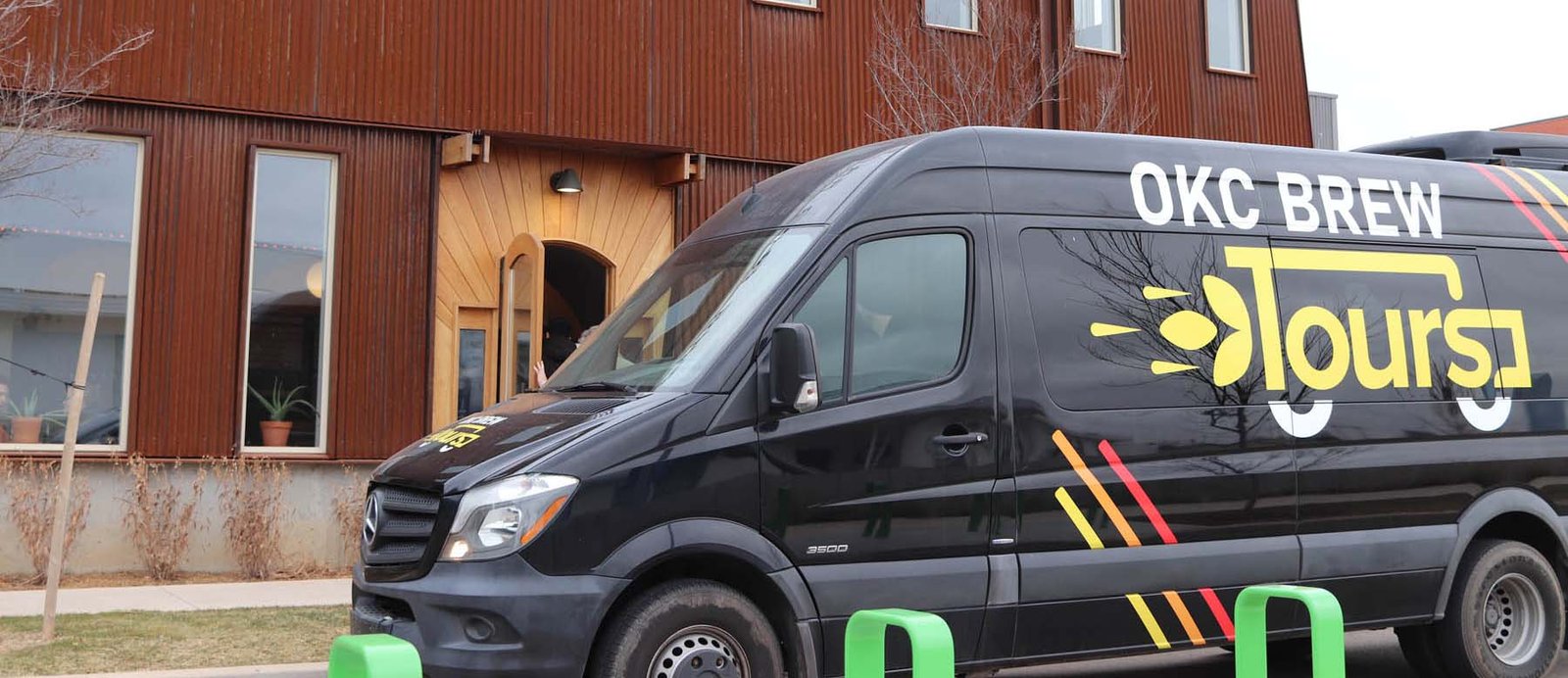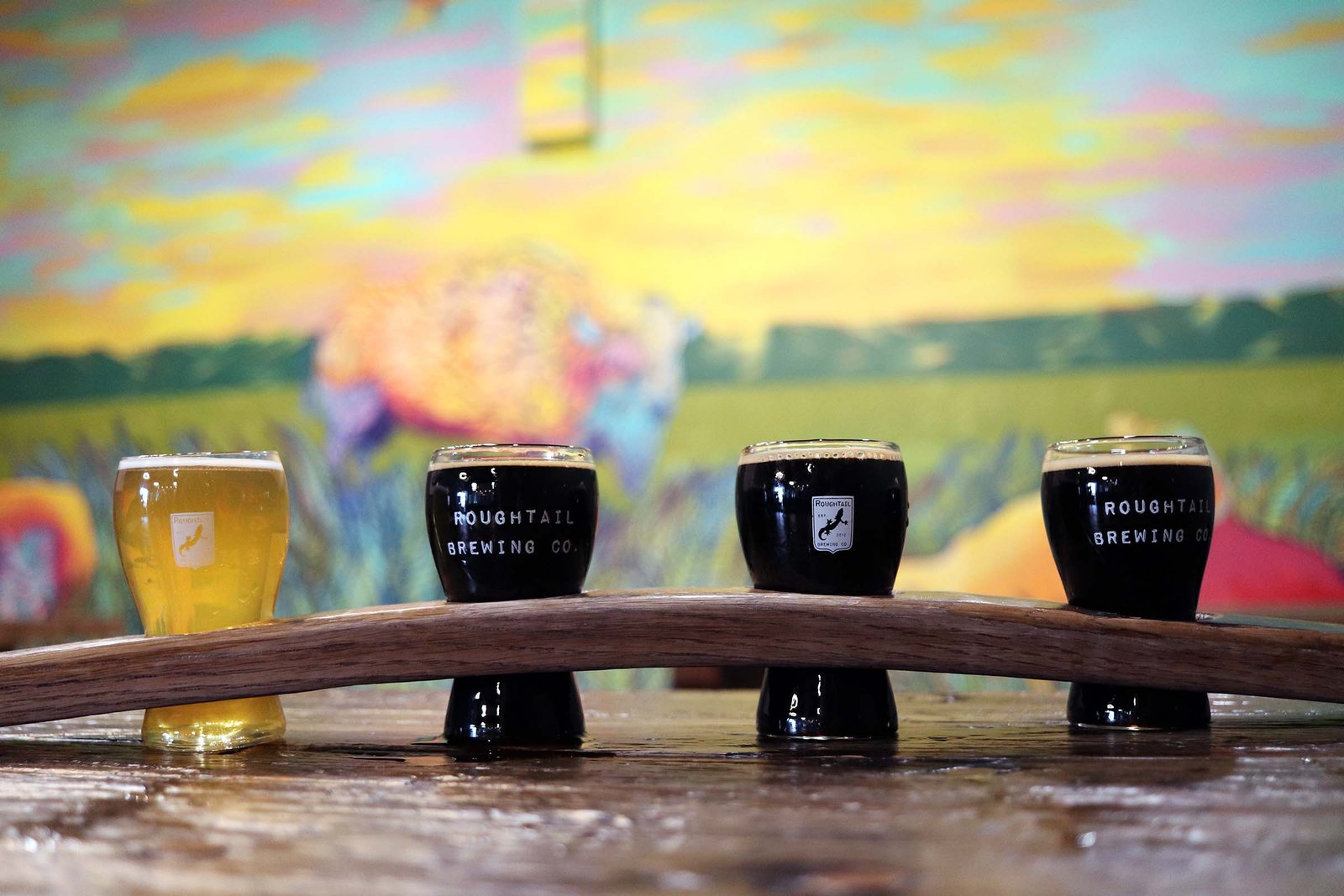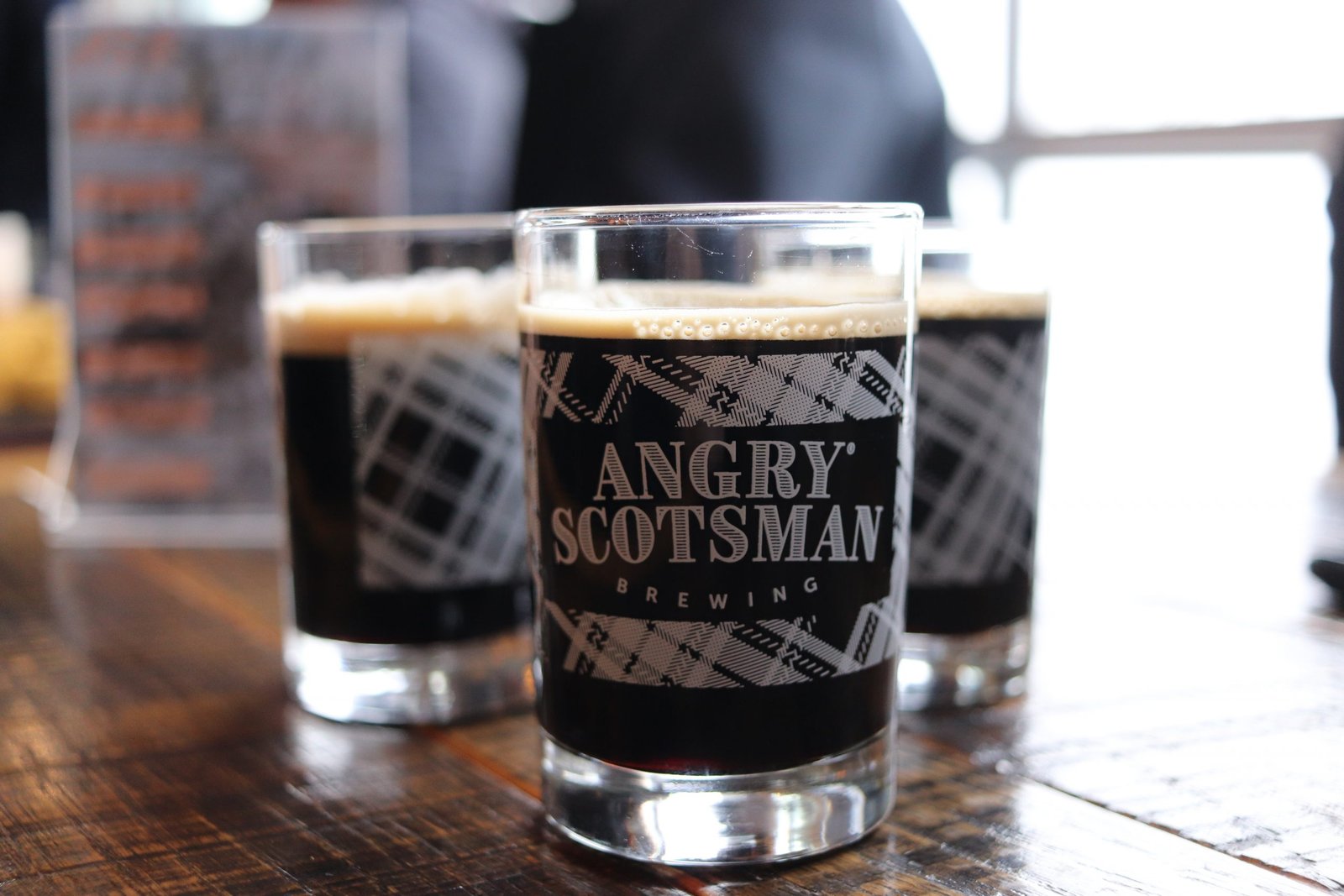The Good Kind of Feral
Before he was a famous baker of Oklahoma City’s best bread, Chef Kenny Hilburn took a turn at cowboying, the highlight of which was building a dam for goats. Most recently the South Korea-born Hilburn was baking at nonesuch, but that was the last temporary gig he needed to prepare the launch of Feral Dough Co., his company that features freshly baked bread for consumers and wholesale accounts.
The road to Feral wasn’t straight, beginning with his adoption at 11 months, and then a home in Oklahoma, followed by a series of food service jobs, a brief stint as a paramedic, some time in college studying journalism – photojournalism was the goal – a move to Colorado, and then more food service gigs back in Oklahoma, but his life changed and found focus the day he went to jail.
“I was in the cell thinking, ‘I’m screwed! You really did it this time. What will I do for work? Who will hire me?’” Hilburn said.

He figured out pretty quickly that the people who will take you back, give you a second chance, hire you in spite of some stuff are restaurant people. His roll call of concepts includes names familiar to most locals who love the restaurant scene: Vast, Flint, Ludivine, Iguana Mexican Grill, Fit Pig, Packard’s, Sun Cattle, Harvey Bakery, and En Croute, where he became fascinated with baking.
“They made the baguettes fresh every day, and they also made beautiful cakes,” he said. “I’d never been around baking like that. I was only familiar with buying frozen dough.”
Hilburn’s energy and personality contribute to his shifting focus. He started Feral with four base breads, but he’s already talking about adding more. He has a relentless curiosity that leads him down strange roads and into new projects. In addition to the food service and cowboying and paramedic work, he also got into the cannabis business briefly, and he readily admits he sold drugs from the back of house of more than one restaurant before his jail-inspired change of course.
“That was kind of the beauty of selling drugs in hospitality; people knew which restaurant I moved to and so my customer base followed me,” he said.
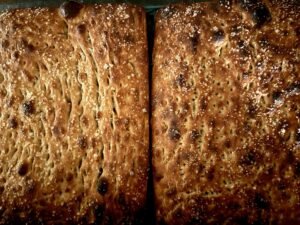
Before the baking, though, he met three people who contributed to his development as a chef. The burnout that came from grinding on the line in contexts like the heyday of Iguana’s Taco Tuesday – they filled eight 55-gallon bins of chips for evening service and used them all – or the busyness and drama of the early Vast almost pushed him out of hospitality completely, but Chef Brad Ackerman, reeled him into the original Ludivine, where Hilburn was excited to take over the Monday Blue Plates, which locals will fondly remember as the first place they had a kimchi burger.
Rachel Cope, founder of 84 Hospitality, was front of house manager at Cafe Nova, and one of the first to recognize his promise, when Hilburn was promoted to executive chef (he calls it pseudo head chef) after his predecessor no-showed. The role provided yet another epiphany.
“My whole team walked out on me during my first brunch service,” Hilburn said. “It was totally my fault. A half hour later, they came back. They were teaching me a lesson: the days of the hot-headed chef were over, because that kind of kitchen management doesn’t work.”
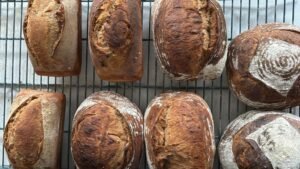
After a couple years in the cannabis business, Hilburn was living in a trailer in Ardmore, trying to decide what was next. Food had called him back repeatedly throughout his life, and at some point, hospitality professionals make the choice to get out permanently or stay in for a career. Hilburn walked into Ludivine 2.0 and met Chef Ben Grossman, and the food called him back again.
“Ben gave me a recipe for focaccia, and told me to make it,” Hilburn said. “I followed the recipe, and the bread was terrible.”
He took it as a challenge, and worked at it until he nailed the recipe. “It was the first time I was really bad at something a chef had assigned me, and I took it personally. I dove in. I learned about the history of bread as peasant food, or more accurately, as the common man’s food, and good bread has been elevated to a luxury product in the U.S. I was fascinated by the old ways of using a community oven, and using that facility as a community gathering place. I learned about the agricultural process, wheat species, soil health, the bigger picture overall.”
It’s a trait of Hilburn’s to be hyper-focused on something that fascinates him. He can’t let it go. The mill at nonesush allowed him to explore another side of the process, and he leapt in with enthusiasm, learning about milling, heritage grains, blended flours, and all the other aspects of milling grains to be made into bread.
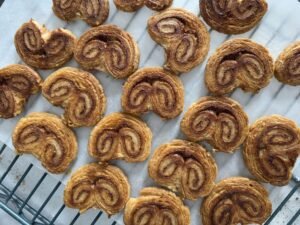
The learning has paid off, as have the repetitions, loaves, successes, failures, deep dives, nerd moments, and then the services at nonesuch, the rare restaurant that encourages full-blown nerddom. If you want to learn about and work with food as a quintessential nerdy vocation, nonesuch is the place. His bread there was always accompanied by butter, but not just butter. The combination of chef-baker means that Hilburn is better equipped than most at things like compound butter, fermentations, and flavor combinations, but behind all of it is the bread: simple, delicious, perfect.
“The food that Chef Garrett (Hare) gave me at nonesuch was like nothing I’d ever had,” Hilburn said. “It was the kind of food I wanted to be around, but I knew it was temporary. When he offered me the job, I said yes, but I also told him I’d be there until Feral was ready to go.”
Hilburn has four base breads at Feral: the baguette, pain de compagne, focaccia, and shokupan (Japanese milk bread). The latter is his sandwich white, for lack of a better description, and he got so many requests from chefs immediately that he had to alter his business plant to offer wholesale as soon as Feral opened for business. The original focaccia project was for Tiny Bubbles, but he’s tweaked it a bit to offer it to the public. He’s also willing to work with restaurants to develop custom breads. Ultimately, he wants to add galettes, tarts, and other pastry options. He’s doing porch delivery on orders for now, doing pop-ups at American Solera, and selling bread from his website. He said he updates his Instagram account regularly to keep everyone informed of what’s available.
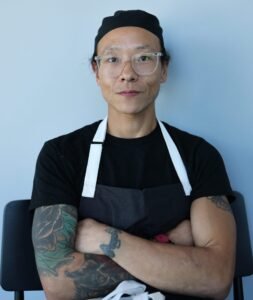
Photo by: Rachel Minick



